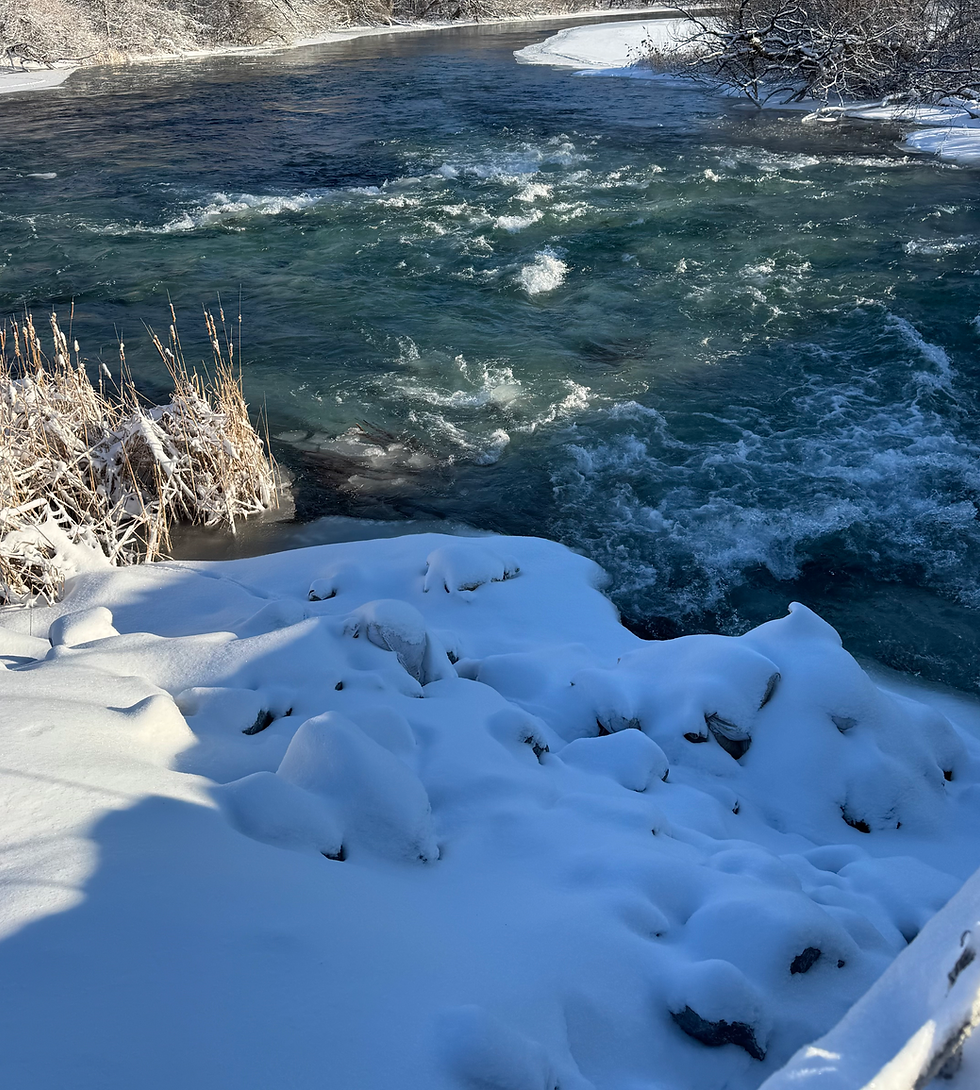what's in a name
- bunmiladitan
- Mar 30, 2022
- 2 min read
My family is Nigerian and our ethnic tribe is Yoruba. In Yoruba culture our names often have the word God in them.
“Olu” is the shortened version of “Oluwa,” our word for God.
My father, mother, and brothers- all of our names either start with “Olu” or have “Olu” in them.

My children have Yoruba names along with their Hebrew and English ones. My oldest daughter’s government name is so long it can’t fit on standardized tests. I feel some guilt about that but our beliefs is that names are like a banner for a human being and they speak life and purpose into them. They indicate where they come from and where they are going.
My full first name is Olubunmi which means God’s gift. I don’t go around telling people that because in western culture it sounds pretentious, but in Yoruba culture it means I am a gift from heaven to my parents and community: someone whose destiny it is to be a blessing to others.
There are many Olu names. Oluremi means “God consoles me.” Temiloluwa means “I belong to God”/“God is mine.” Oluwafemi means “God cherishes me.”
In Yoruba culture names are everything. They are very, very important and speak to the life course of the child and tell of the feelings of gratitude, wonder, and love their parents feel for them. Parents who fell pregnant after years and years of trying might name their child Olushola, “God has blessed me.”
We also have names that speak to when a child was born (Abiodun: born at a time of a festival) or qualities we sense in the child (Akin: brave).
Baby’s names are so special and sacred they are not announced until their naming ceremony which takes place on the seventh day of their life. These ceremonies are a big deal, too. My mom made sure each of my children had one, even if it was small and at home.
I never knew Ezra meant “God helps” before this morning. I opened to a random page in my Bible and learned Ezra is the Aramaic form of the Hebrew word “ezer” meaning “help” and many think it was a shortened version of”Azaryahu” meaning God helps.
Everyone calls me Bunmi. But I know my name is Olubunmi even when the God portion is unsaid or unwritten. I wonder if God feels offended when we, Yoruba, Hebrew, or all of us, omit the divinity from our names for the sake of simplicity.
I don’t think so. If there’s one thing I’ve learned of God is He cares more for how we live and treat others than our titles.
I think God desires for the Olus and Yahus to be written on our hearts more than anywhere else.
Today, my prayer is for you to know and feel that no matter how you are treated in this life, no matter what happened or what you did, you bear the Divine fingerprint.
You’re not nothing or accidental or less than. You were breathed into by the Author of life. You share God’s breath. Do you know how special that is? How sacred you are? Your name begins with Olu, too. You are beloved by and known to God. Your name is Loved. May His face shine upon you today.





ww
The Gurgaon Escort agency brings fabulous companions to fulfill your desires. Sexy, seductive, and exclusive, these escorts girls include Russian escorts girls, housewife escorts, and college escorts girls. Available 24/7, they offer luxurious, pocket-friendly adult fun. Book tonight for excellent erotic satisfaction that will leave you amazed and stress-free.